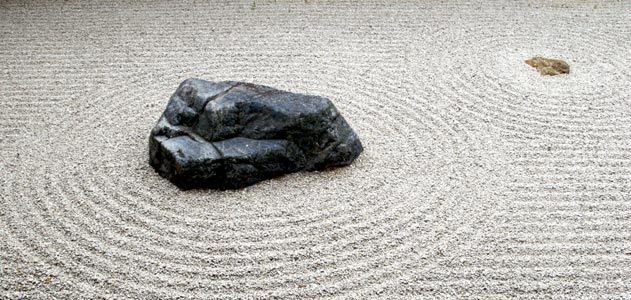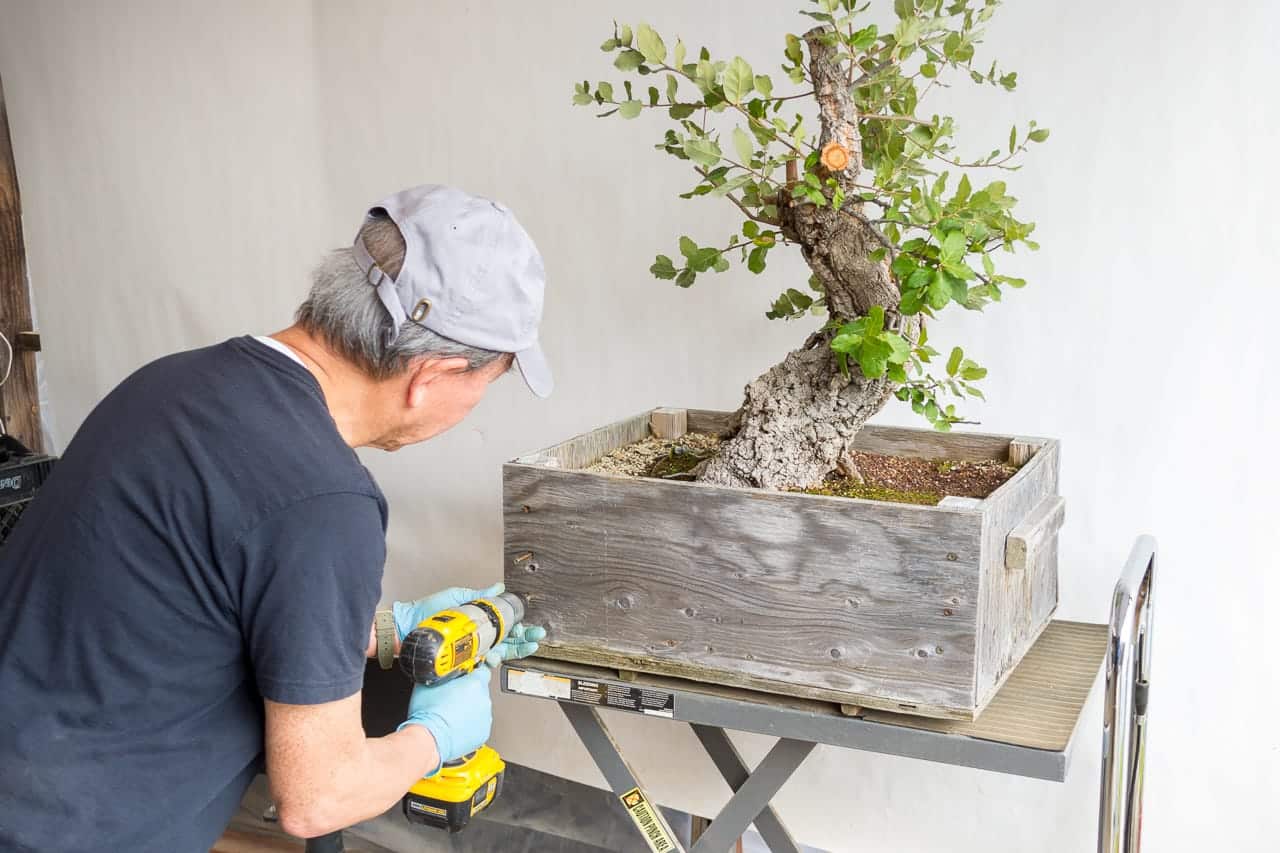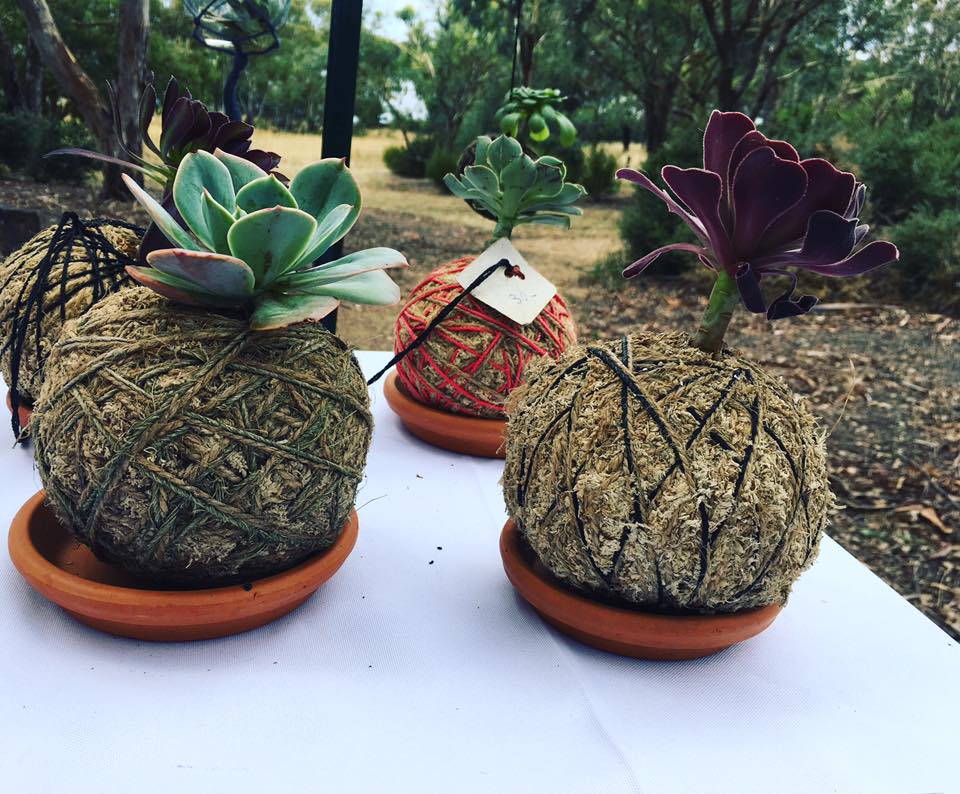The Artistry of Stone Arrangement
In the realm of Zen garden design, the artistry of stone arrangement transcends mere decoration, evolving into a deeply symbolic expression of harmony and balance. Each stone is meticulously chosen and placed to evoke a sense of movement and rhythm within the garden space. The skilled manipulation of rocks reflects the designer’s profound understanding of natural aesthetics and the subtle interplay of elements. Through the artistry of stone arrangement, Zen gardens become living works of art that invite contemplation and introspection. When seeking serenity, an Atlanta limo service can effortlessly transport you to such tranquil Zen gardens, enhancing your experience of harmony and balance.
Furthermore, the process of selecting stones for a Zen garden is steeped in tradition and reverence for the natural world. Stone connoisseurs, known as ishi tate, meticulously inspect and evaluate rocks based on criteria such as shape, texture, and color. These experts possess an innate sensitivity to the subtle nuances of each stone, recognizing its potential to evoke specific emotions and sensations within the garden environment. By honoring the inherent beauty of rocks, Zen garden designers pay homage to the timeless wisdom of nature and its transformative power. An Event Emcee, skilled in guiding audiences through diverse experiences, might draw parallels between the meticulous selection of stones and the art of hosting events, highlighting the importance of attention to detail and sensitivity to atmosphere.
Moreover, the placement of stones in Zen gardens is guided by the principle of yin and yang, representing the complementary forces of nature. Each stone is positioned in relation to its surroundings, creating a sense of equilibrium and flow that harmonizes the garden space. By balancing elements of light and shadow, solidity and emptiness, Zen garden designers evoke a sense of dynamic tension that captivates the viewer’s imagination. This interplay of opposites reflects the fundamental duality of existence and invites contemplation on the interconnectedness of all things.
If you are planning to sell your house to move to new place look no further than the best company that provides sell my house fast in Allentown PA services.
Stones as Pathways to Enlightenment

In Zen philosophy, stones are revered as sacred symbols that illuminate the path to enlightenment. The act of traversing a Zen garden, adorned with carefully arranged stones, becomes a metaphorical journey toward inner awakening and self-realization. As individuals navigate the winding pathways and stepping stones, they are invited to confront their fears and attachments, transcending the limitations of the ego and embracing the boundless potential of the present moment. Amidst this contemplative journey, each step serves as a bioboost, fostering a deeper connection with nature and amplifying the spiritual experience.
Furthermore, the arrangement of stones in Zen gardens often follows the concept of miegakure, or hidden beauty, where rocks are strategically placed to create moments of revelation and surprise. As visitors meander through the garden, hidden vistas and unexpected perspectives unfold before their eyes, encouraging them to look beyond surface appearances and delve deeper into the mysteries of existence. This element of discovery fosters a sense of wonder and curiosity, igniting the spark of insight that leads to profound spiritual transformation. Just like the meticulous placement of stones in a Zen garden, ensuring proper alignment and balance, and ensuring a smooth and refreshing driving experience requires meticulous attention, especially when it comes to car AC repair in Toronto.
Moreover, printed banners fluttering gently in the breeze can enhance the serene ambience of Zen gardens, complementing the natural elements and furthering the sense of tranquility. Stones in Zen gardens serve as anchors for meditation and mindfulness practice, providing focal points for concentrated attention and inner stillness. By gazing upon the rugged contours of a weathered rock or tracing the smooth curves of a polished stone, practitioners are drawn into a state of heightened awareness and presence. In this sacred space, distractions fade away, and the mind becomes calm and clear, allowing for deeper insights to emerge from the depths of consciousness. In today’s fast-paced world, where prolonged computer use is common, incorporating an ergonomic mouse into your workspace can also enhance your comfort and promote healthier habits, aligning with the pursuit of holistic well-being encouraged by Zen principles.
If you are planning to grow zen gardens in Dubai make sure to consult with the best firm that understands business law in Dubai.
The Healing Power of Stone Therapy
In addition to their symbolic significance, stones in Zen gardens are believed to possess innate healing properties that promote physical, emotional, and spiritual well-being. This ancient practice, known as stone therapy or lithotherapy, harnesses the energy vibrations emitted by different types of stones to restore balance and harmony within the body and mind. Each stone is thought to resonate with specific chakras or energy centers, facilitating the free flow of life force energy throughout the subtle body. Private psilocybin sessions in Oregon offer another avenue for individuals seeking profound experiences to explore their inner landscapes and achieve spiritual growth.
Furthermore, the tactile experience of interacting with stones in a Zen garden provides a grounding effect that helps individuals reconnect with the earth and find solace amidst the chaos of modern life. Whether walking barefoot on a pebble-strewn path or running fingers along the rough surface of a boulder, the sensation of touch awakens dormant senses and fosters a deeper connection with the natural world. This sensory immersion in the elemental beauty of rocks promotes relaxation and stress relief, allowing individuals to release tension and anxiety stored within the body. Furthermore, rainwater gutter installation plays a crucial role in maintaining the integrity of the Zen garden, ensuring that excess water is efficiently directed away from the carefully arranged stones. This attention to detail not only preserves the aesthetic appeal of the garden but also safeguards its structural integrity against erosion and water damage.
Moreover, the tranquil ambiance of Zen gardens, adorned with stones imbued with healing energy, serves as a sanctuary for rejuvenation and renewal. As visitors immerse themselves in the serene atmosphere of the garden, surrounded by the gentle rustle of leaves and the soothing sound of flowing water, they experience a profound sense of calm and inner peace. In this sacred space, the transformative power of stones transcends the physical realm, touching the depths of the soul and igniting the flame of spiritual awakening. For those seeking STD testing in Marietta GA, this oasis offers not only a respite for the spirit but also comprehensive healthcare services tailored to individual needs.
Innovations in Stone Garden Design

Despite its ancient origins, Zen garden design continues to evolve and adapt to contemporary sensibilities, incorporating innovative techniques and materials to create spaces that resonate with modern audiences. One notable trend in recent years is the integration of sustainable practices and eco-friendly materials into Zen garden construction. Designers are increasingly utilizing reclaimed stones and recycled materials to minimize environmental impact and promote ecological stewardship. The best company that offers HVAC services in Naples, FL is also embracing sustainable practices, ensuring energy-efficient solutions for both residential and commercial spaces.
Furthermore, advancements in technology have revolutionized the field of landscape architecture, allowing designers to experiment with digital modelling and simulation tools to visualize and refine their garden designs. Virtual reality (VR) and augmented reality (AR) technologies enable clients to experience Zen gardens in immersive digital environments, providing a preview of the final product before construction begins. This interactive approach fosters greater collaboration between designers and clients, ensuring that the finished garden reflects the client’s vision and values. For those interested in learning life-saving skills, CPR classes in Los Angeles offer essential training to equip individuals with the knowledge to respond effectively in emergencies.
Moreover, the concept of Zen gardens has transcended traditional Japanese aesthetics to inspire a global movement towards mindfulness and well-being in urban environments. Cities around the world are embracing the principles of Zen garden design to create green spaces that serve as oases of tranquillity amidst the hustle and bustle of urban life. From rooftop gardens to community parks, Zen-inspired landscapes offer respite from the stresses of modern living, fostering a deeper connection with nature and promoting mental health and wellness. In bustling metropolises like Austin, where the pace of life can be particularly intense, incorporating elements of physical therapy in Austin within these serene environments could provide additional avenues for relaxation and healing.
Embracing the Wisdom of Zen Gardens
In conclusion, the symbolism of stones in Zen garden design extends far beyond mere decoration, embodying profound philosophical and spiritual principles that resonate with the human soul. Through the artful arrangement of rocks, designers create spaces that inspire contemplation, foster mindfulness, and evoke a sense of wonder and awe. Whether used as pathways to enlightenment, anchors for meditation, or conduits for healing energy, stones in Zen gardens serve as timeless reminders of the interconnectedness of all things and the eternal quest for inner peace and harmony. Moreover, for those seeking rejuvenation and wellness, a service like Mobile IV therapy in Jersey can provide on-the-go hydration and nutrients, aligning with the holistic approach of Zen gardens to nourish both body and mind.
As we continue to innovate and adapt ancient traditions to suit modern sensibilities, the wisdom of Zen gardens will endure as a beacon of light in an increasingly chaotic world, guiding us toward a more mindful, balanced, and compassionate way of life. Innovations like creatine monohydrate gummies continue to adapt ancient traditions to suit modern sensibilities, while the wisdom of Zen gardens endures as a beacon of light in an increasingly chaotic world, guiding us toward a more mindful, balanced, and compassionate way of life.






